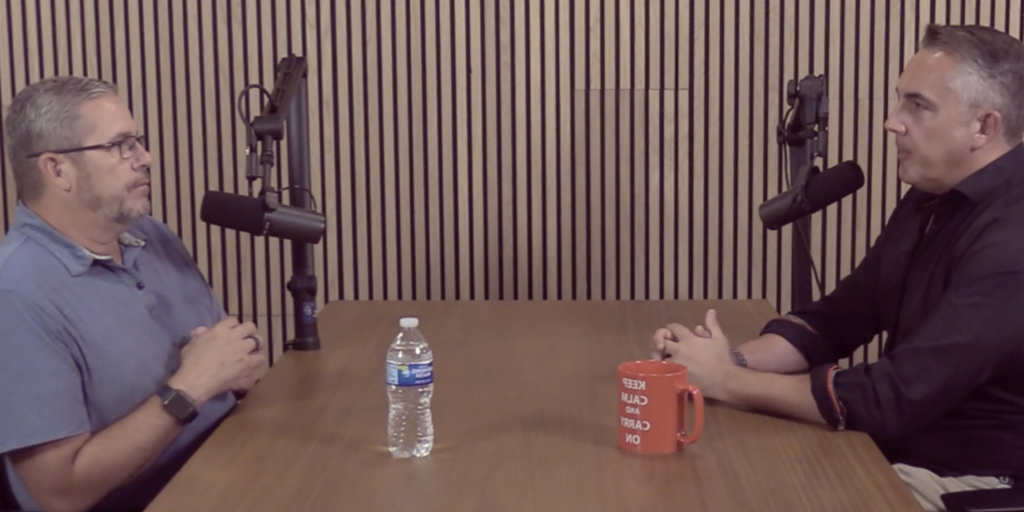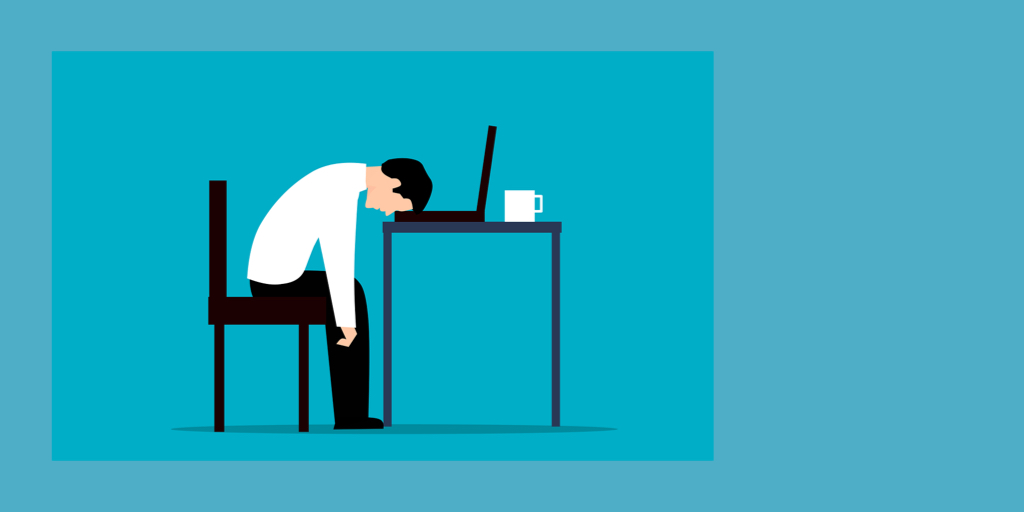The following is from an earlier publication authored by Amara Rose.
We spend a lot of time focusing on ways to enhance the reverse mortgage experience for mature adults. Just as crucial, however, is the care of the reverse mortgage professional. The more relaxed, healthy, and well-rested you are, the better you’ll be able to listen and the more thorough and specific the service you’ll provide.
Here are seven ways to improve your workplace, mood, and manner:
1. Order in the workplace! There are people who can pull the precise piece of paper they need from a chaotic jumble on their desk. However, a well-ordered work area makes this exponentially easier. Think about placing your important documents in color-coded file folders, or whatever system suits your personality, available space, and daily needs.
2. Let there be light. Unless you have full-spectrum lighting, sun exposure through windows is preferable to sitting under fluorescent bulbs, which can weaken eyesight with their rapid, undetected blinking. Another health benefit of natural light is improved sleep, which affects the quality of life — and encourages people to get more exercise because they finally have the energy for it.
3. Go for the green. While plants improve air quality by breathing carbon dioxide and giving off oxygen, they also decrease stress and increase productivity by 12 percent, says a new AARP report. Maybe not a huge enhancement, but where else can you get a daily brain boost for the price of a little watering?
4. Vary the sitting. It’s a conundrum: sitting for more than four hours a day has been shown to increase the odds of developing cancer, diabetes, high blood pressure, and heart disease — ouch! — yet standing at a raised desk can lead to varicose veins, knee or ankle problems, and carpal tunnel syndrome. What’s a health-oriented reverse mortgage professional to do? The AARP article suggests (no joke) a treadmill: one study found those who walked during the workday lost weight and enjoyed greater productivity after one year. Of course, you could simply take a tip from one manager who possessed a lot of kinetic energy: he paced his office while talking on the phone, which burned calories, kept him from sitting or standing too much, and dispensed with the need for a treadmill.
5. Trust your animal instincts. A growing number of office buildings permit pets (and if you own the building, you get to make the rules). Pets help reduce stress, boost morale and collaboration, and raise efficiency.
6. Go walkabout for lunch. Give the sad-sack lunch-at-your-desk routine a pass and take a walk in the park; eat your meal while watching the birds. Or call a colleague and suggest you try that new sushi place. On the other hand, if you need to work on a closing or other mental task, staying focused at your desk is probably a better idea. Just try not to make a habit of it.
7. Music to your ears. While the younger generation seems to have earbuds surgically implanted, the AARP story does note that workers listening to music tend to complete tasks quicker and come up with better ideas than their quiet-loving colleagues. If you prefer to save music for after business hours, it still helps reduce stress, so listen to what you enjoy most when you’re unwinding at home, or on the drive there.











